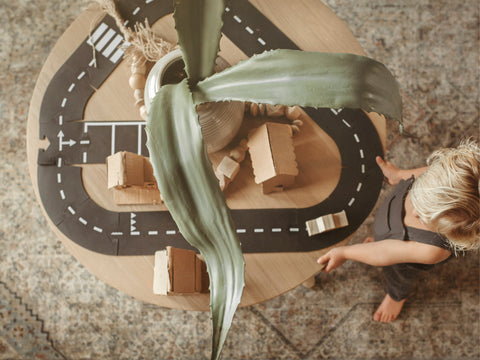As parents, we naturally want to be involved in every aspect of our children's lives. However, giving your child space for independent play is one of the best ways to support their development. Independent play is essential for building self-confidence, encouraging creative play, and fostering key skills like problem-solving and emotional regulation. Here’s how you can encourage independent play while nurturing your child’s growth.
Creating a Space that Encourages Independence
A well-organized and inviting space, along with age-appropriate toys and accessible play areas, encourages independent play. Let them choose their own toys or activities to enhance their decision-making skills.
Establishing a routine is also important If your child tends to stay close to you, start by stepping out of sight for short periods. For example, while they’re playing, excuse yourself to go to the kitchen for a few minutes. Gradually increase the time you’re out of sight, but always let them know when you are leaving.
The Positive Impact of Independent Play
By creating a space that encourages independent play and establishing a routine, you provide your child with the opportunity to grow, explore, and develop essential life skills. Independence helps boost their confidence, fosters creativity, and improves problem-solving abilities. Start small, be consistent, and watch your child thrive as they enjoy the benefits of playing on their own.


